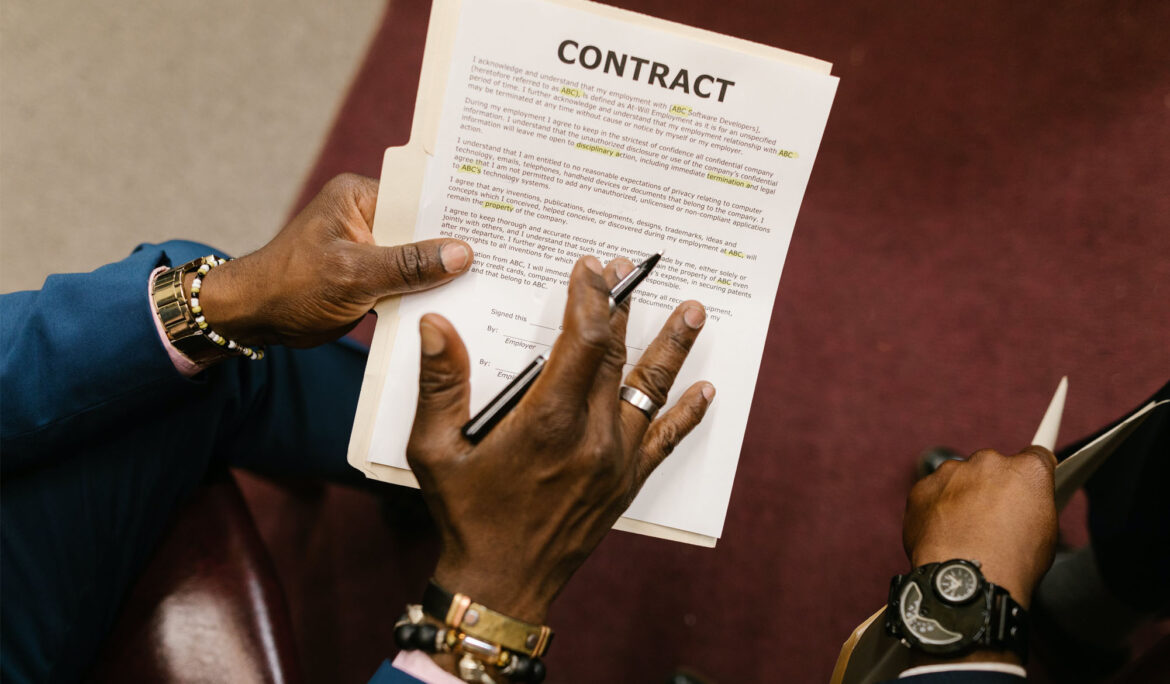A non-disclosure agreement (NDA) is a legally binding contract that establishes a confidential relationship. The party or parties signing the agreement decide that sensitive/confidential information exchanged for a particular purpose will not be made available to third parties. An NDA may also be referred to as a confidentiality agreement. A non-disclosure agreement is one of the most effective ways of protecting a business’s confidential information.
NDAs are commonly signed when two (or more) companies, individuals, or other entities (such as partnerships, societies, etc.) are considering doing joint venture business and need to understand the processes used in each other’s business for the purpose of evaluating the potential business relationship. NDAs can be “mutual”, meaning both parties are restricted in their use of the materials provided, or they can restrict the use of material by a single party. An employee can be required to sign an NDA or NDA-like agreement with an employer, protecting trade secrets. In fact, some employment agreements include a clause restricting employees’ use and dissemination of company-owned confidential information. In legal disputes resolved by settlement, the parties can also sign a confidentiality agreement relating to the terms of the settlement.
First, an NDA must define the parties to the agreement so that its clear as to who is bound by the terms of the agreement. Second, it should clearly define the ‘confidential information’ being protected in clear and unambiguous terms. Third it is important that the NDA must define the third parties to the agreement, that is, those people with whom confidential information may not be shared. In so doing it should define the permitted disclosures, that is the scope within which a party is allowed to disclose the confidential information. Fourth it should define the period of duration of the agreement. Usually, duration is tied to the existence of the contractual relationship between the parties though some NDA agreements may outlive their ancillary agreements or business relationships between the parties.
As an exception at law, an NDA cannot protect all information exchanged between parties. Specific examples of such exceptions are information that has already been made available to the public, information that was previously known to the recipient of information; and information that the recipient is required to disclose to a third party in terms of the law.
An NDA being a legally binding contract creates obligations that parties must observe and any breach of the obligations must have legal consequences. The NDA agreement therefore should specify remedies for breach of the contract. The breach clause may entitle the disclosing party to seek damages in a court of law against the breaching party and in addition to cancel any ancillary agreement or business relationships with the breaching party summarily and to withhold any payments due to the breaching party.
The contents of this article are for general information purposes only and do not constitute our legal or professional advice. We accept no responsibility for any loss or damage of whatsoever nature which may arise from reliance on any of the information published herein.
Copyright © Marume & Furidzo Legal Practitioners 2021



